Guangzhou Wolbaki Biotech Co., Ltd. (referred to as the "Wolbaki") is a high-tech enterprise committing to the biocontrol of insect pests, with a focus on developing the insect symbiotic bacterium Wolbachia into a series of microbial pesticides for suppressing mosquito populations, blocking the transmission of human pathogens in mosquitoes, and controlling agricultural pests. Professor Zhiyong Xi, chairman of the board of directors, is the inventor of the technology that enables mosquitoes to successfully form a new symbiotic relationship with Wolbachia through embryonic microinjection. Professor Xi and his team are the first to develop stable maternally inherited Wolbachia infections in Aedes, Anopheles and Hemipteran insects, opening a new chapter in using Wolbachia to control the transmission of mosquito-borne diseases, including dengue, Zika and malaria, and agriculturally important insect pests through either population suppression, population replacement or their hybrid technologies. Their prospect in disease and pest control has been demonstrated in both the laboratory and field studies, with the results published in the top scientific journals (Xi, et al. Science, 2005; Bian, et al. Science, 2013; Zheng, et al. Nature, 2019; Gong, et al. Current Biology, 2020).
After nearly ten years of efforts, Wolbaki has made remarkable achievements in research and development, translating Wolbachia technology into an implementation tool for real-world use in mosquito and disease control. In 2019, the international consortium led by Professor Xi completed four-year field trial in two Guangzhou islands, through the largest mosquito release (~ 200 millions males) in history, demonstrating mosquito populations can be eliminated by release of Wolbachia-infected males to induce sterile or incompatible matings, with the results published in Nature. Wolbaki mosquito factory produces all the mosquitoes for this trial, making it develop to the world’s largest mosquito factory. Subsequently, repeated sucess has been achieved in urban mosquito suppression for preventing dengue outbreaks, including those after long-distance transportation of males by high-speed train. The factory now has the capacity to produce 60 million males weekly for mosquito control, thanks to a number of key breakthroughs Wolbaki has made. These include the world’s first X-ray irradiator for irradiating mosquitoes, the world’s first automated mosquito pupae sex sorter, which enables one person to separate at least 16 million male mosquitoes per week, and a mosquito larvae mass-rearing unit, which allows rearing 1 million larvae in about 1 square meter of floor space. The above progress has been widely reported by hundreds of domestic and international media, including Xinhua, China Daily, New York Times, Associated Press, Reuters, CNN, Guardian, and Washington Post.
Wolbaki would remain dedicated to the mission of developing Wolbachia as effective, environmentally friendly and cost-effective green technology to protect human and animal health and food safety. Toward that, Wolbaki is currently open for licensing their transinfected mosquito lines, including Aedes, Anopheles, and Culex species carrying the most well-studied Wolbachia strains, for global operational mosquito control programs.
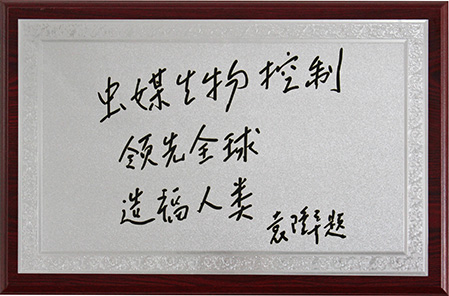


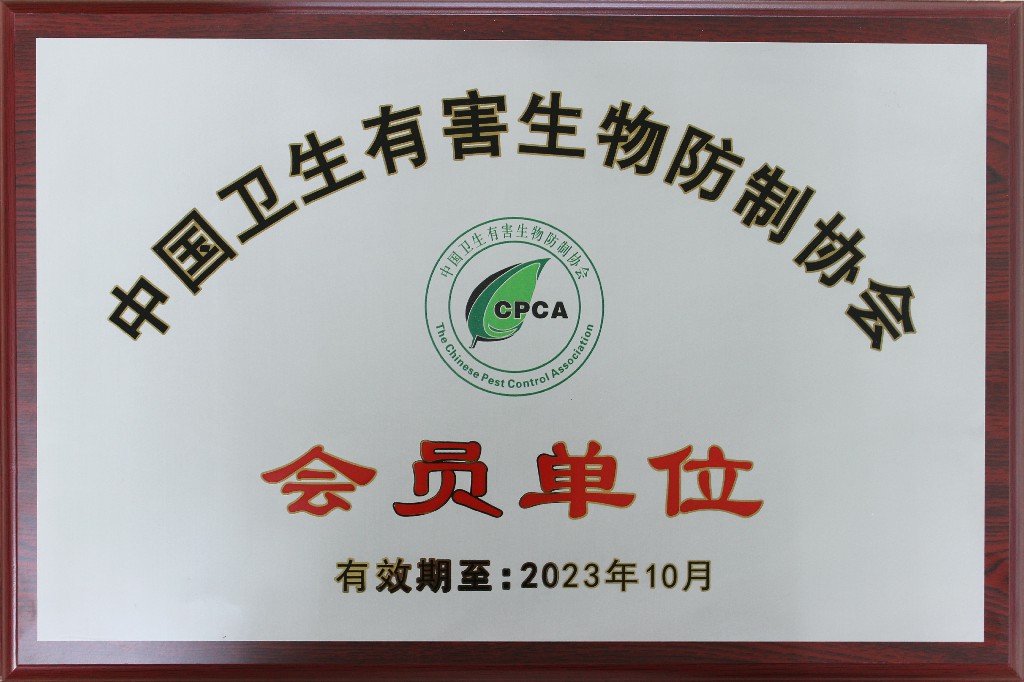
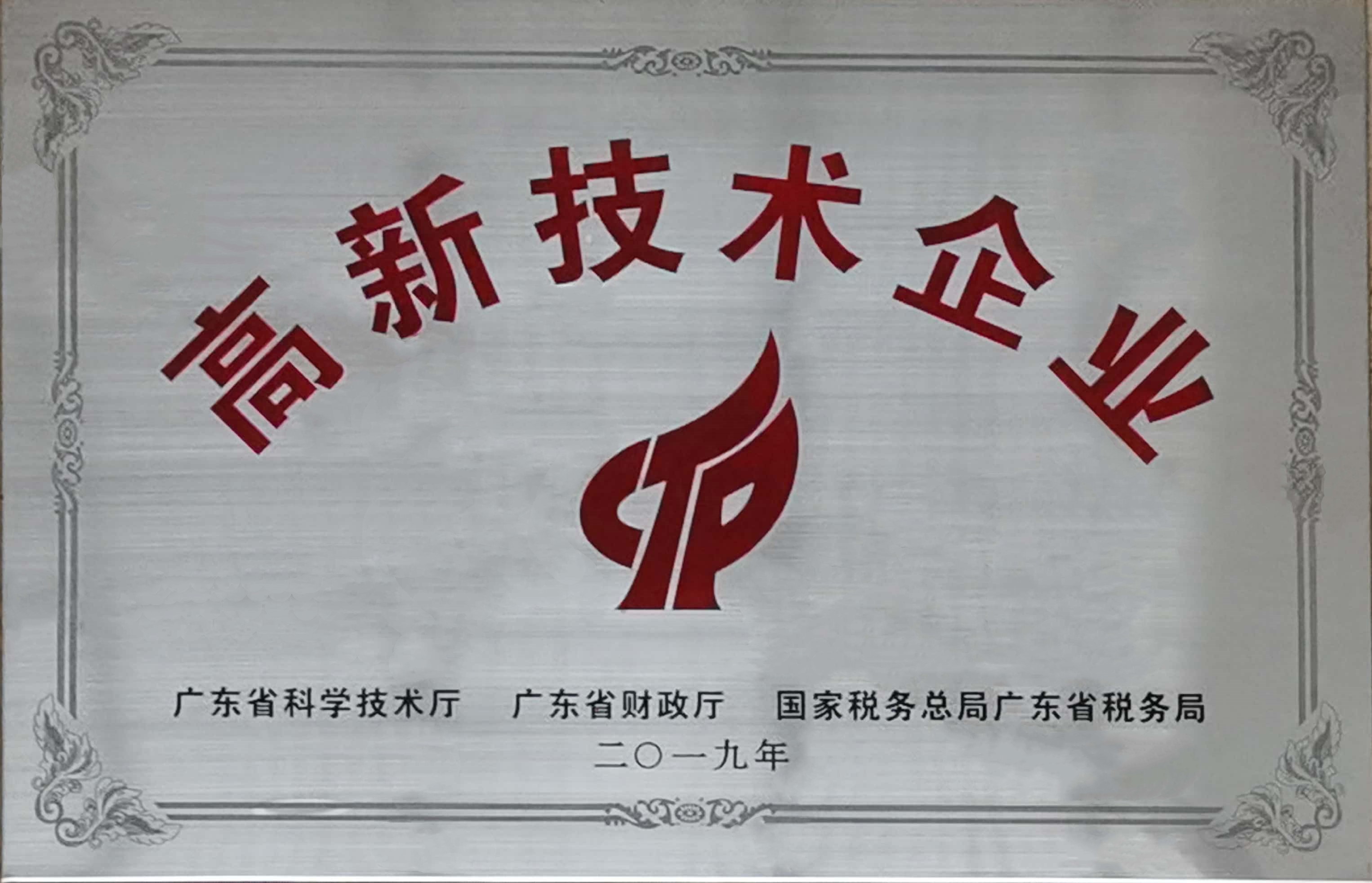
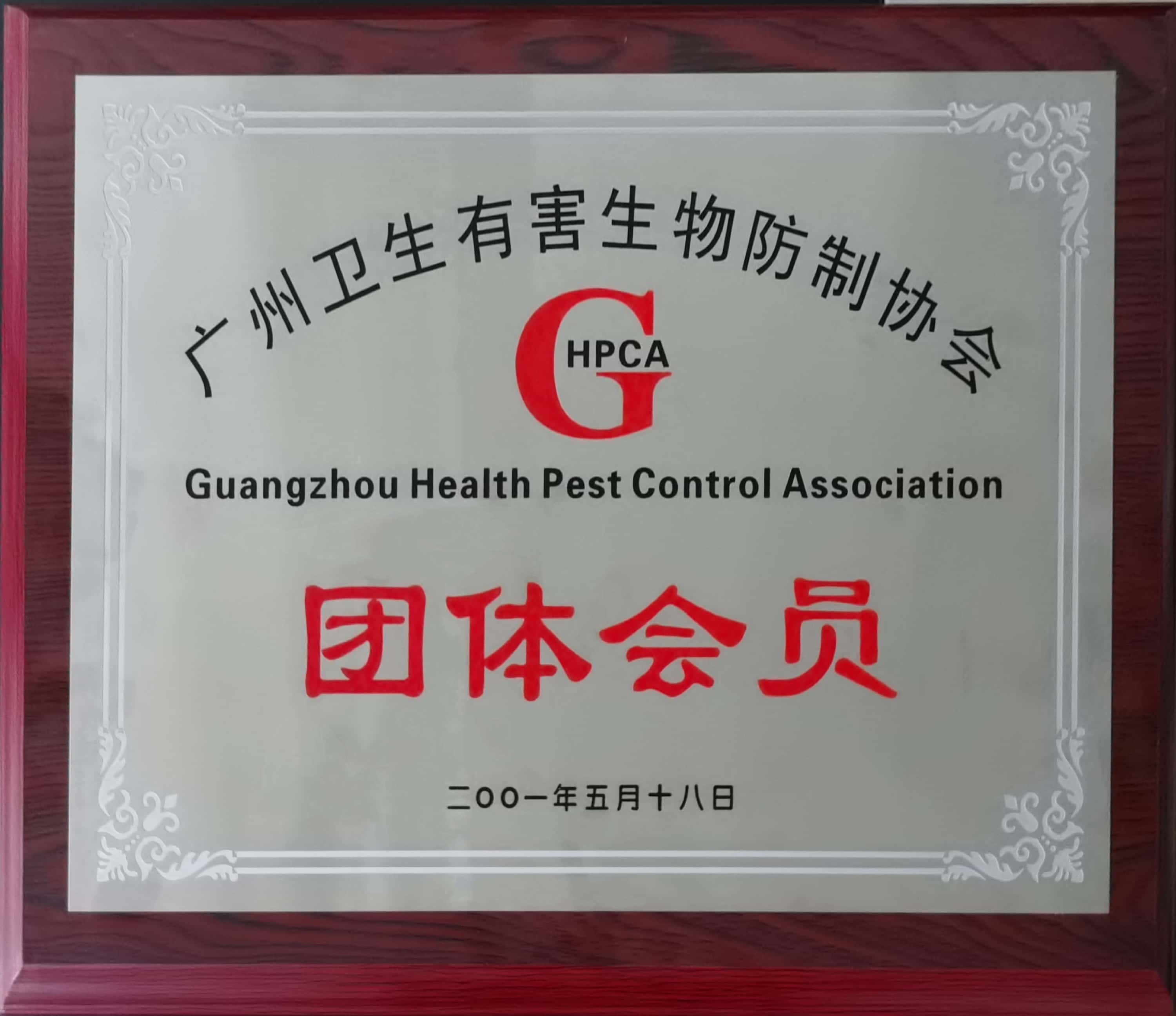
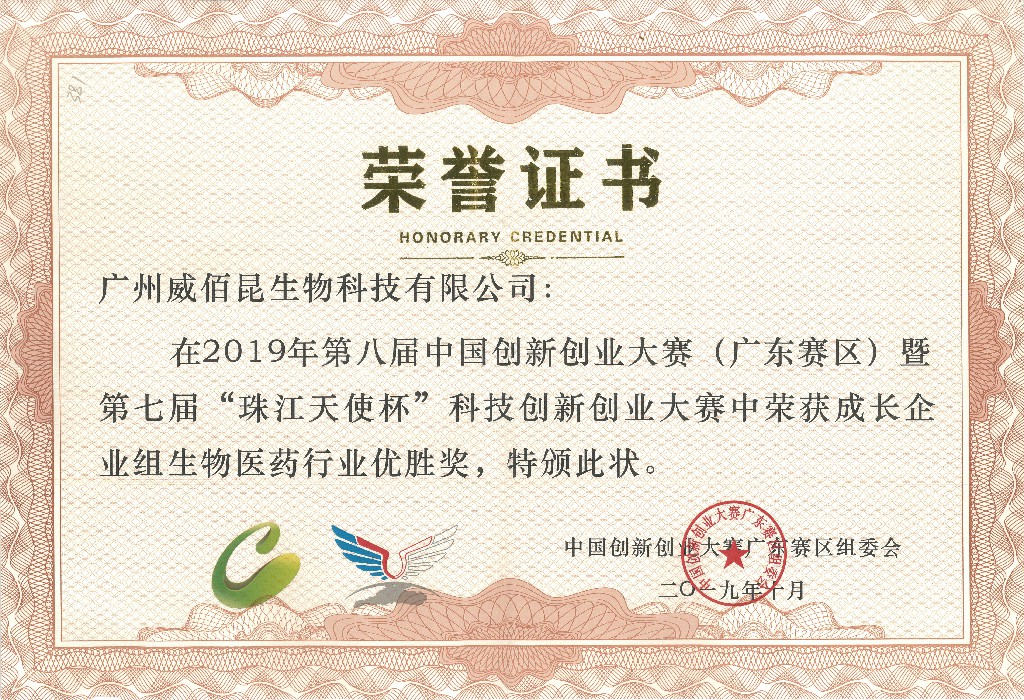
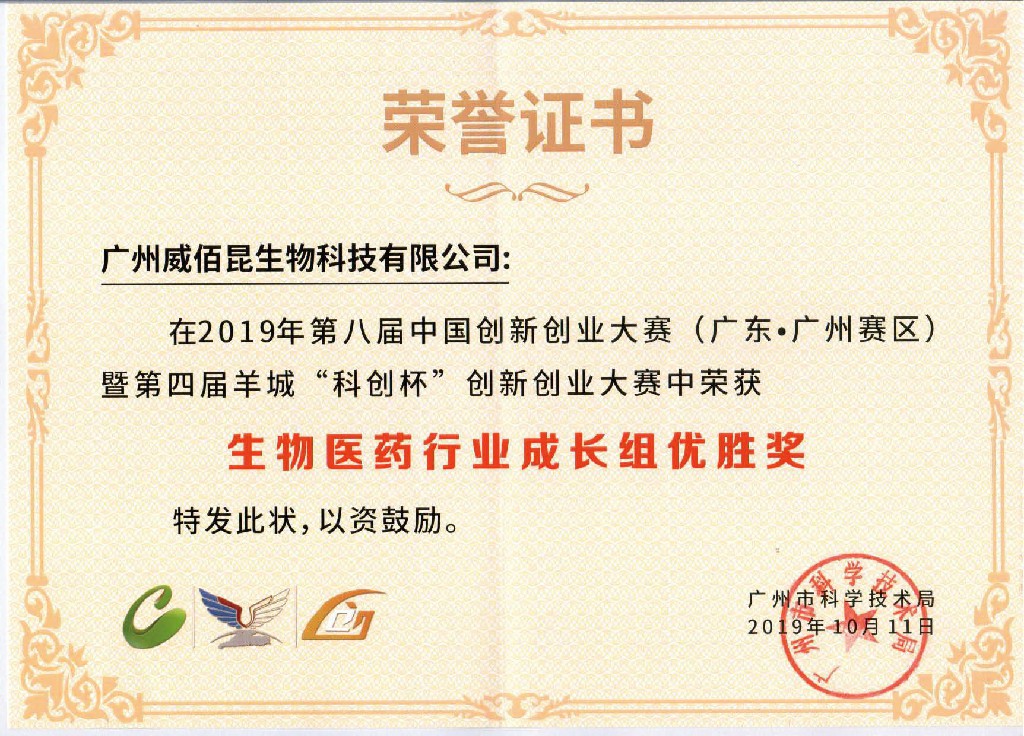
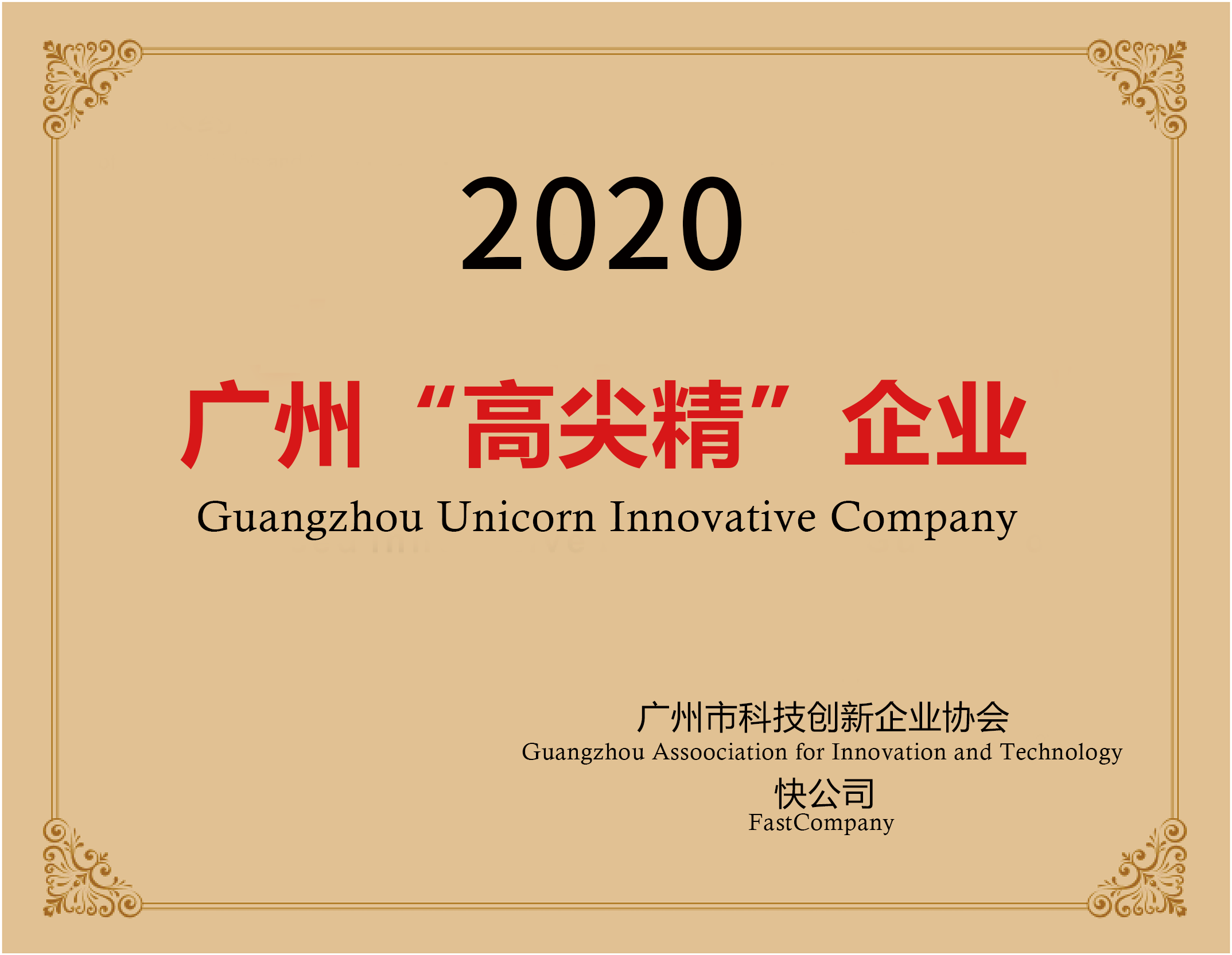
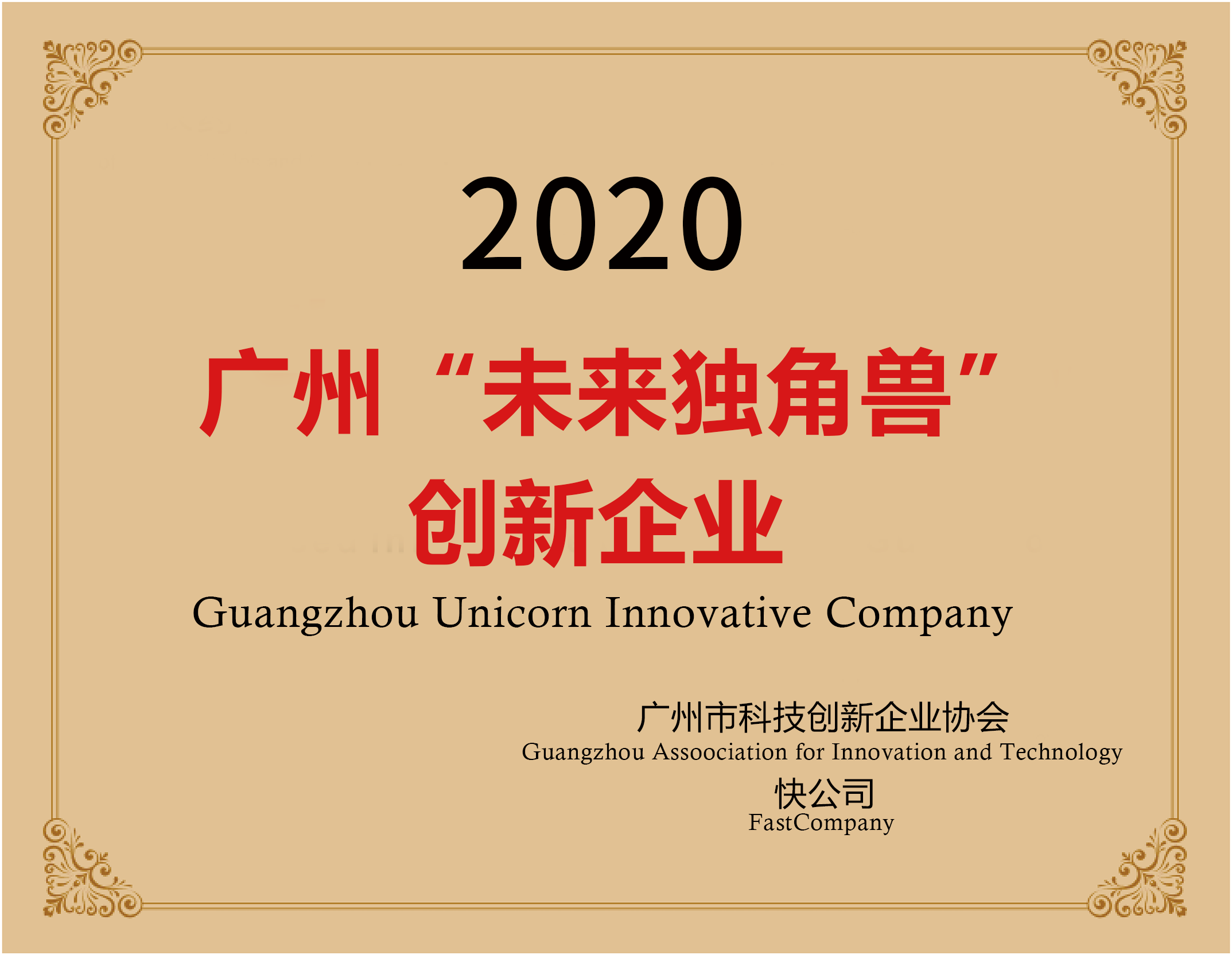
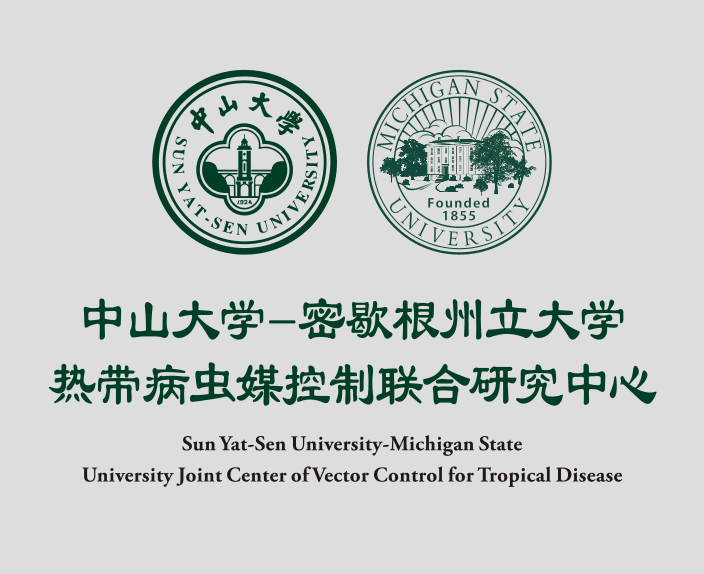
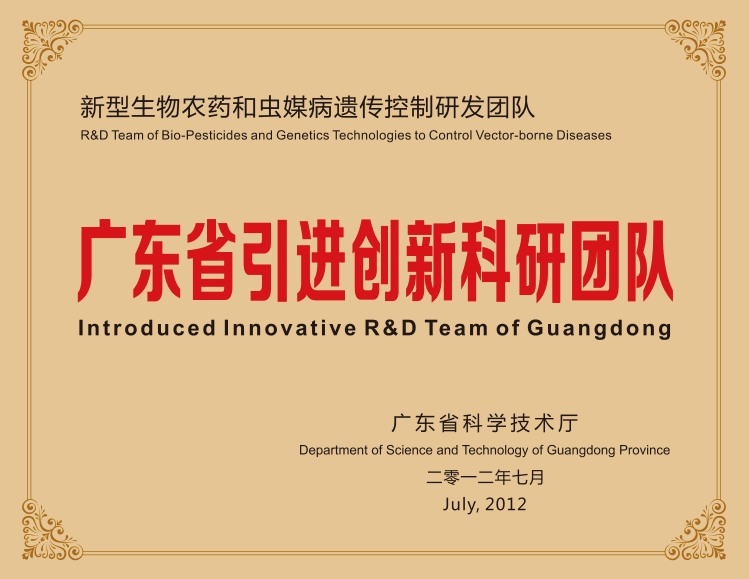
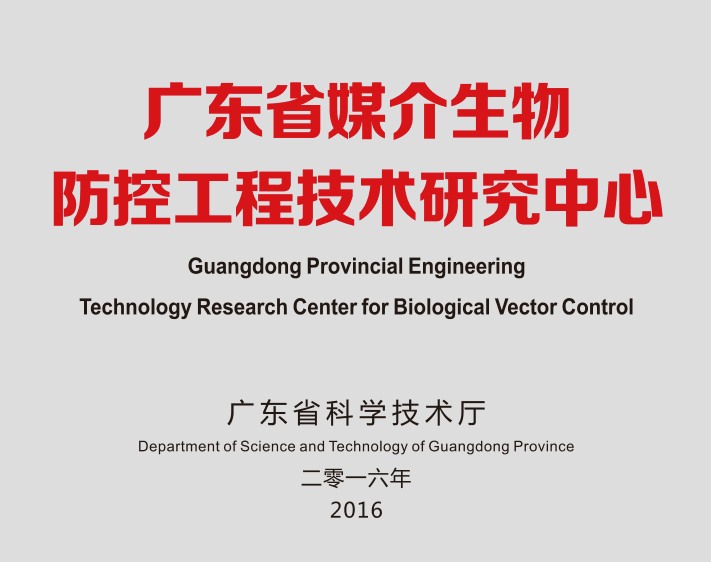

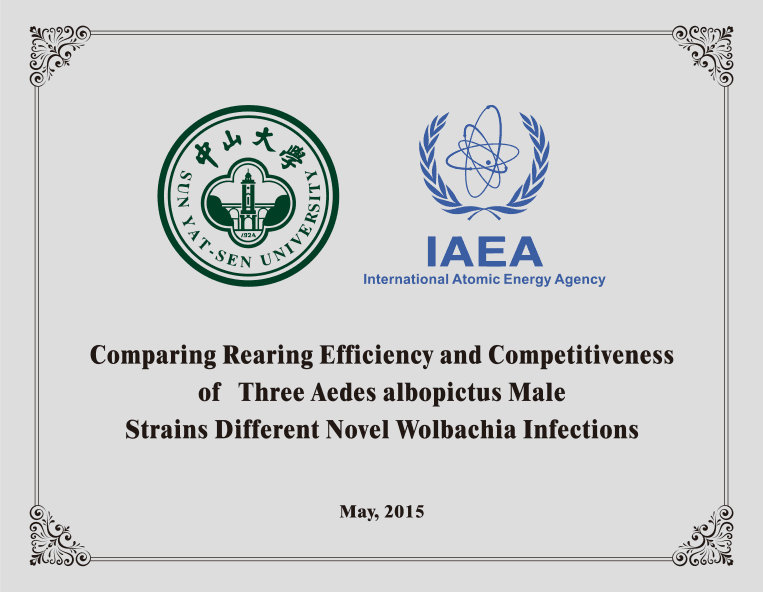
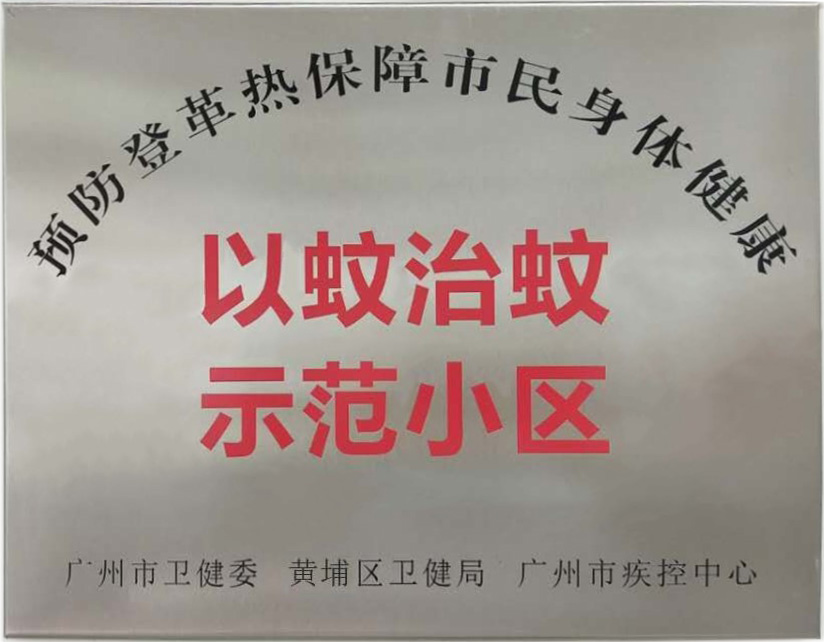
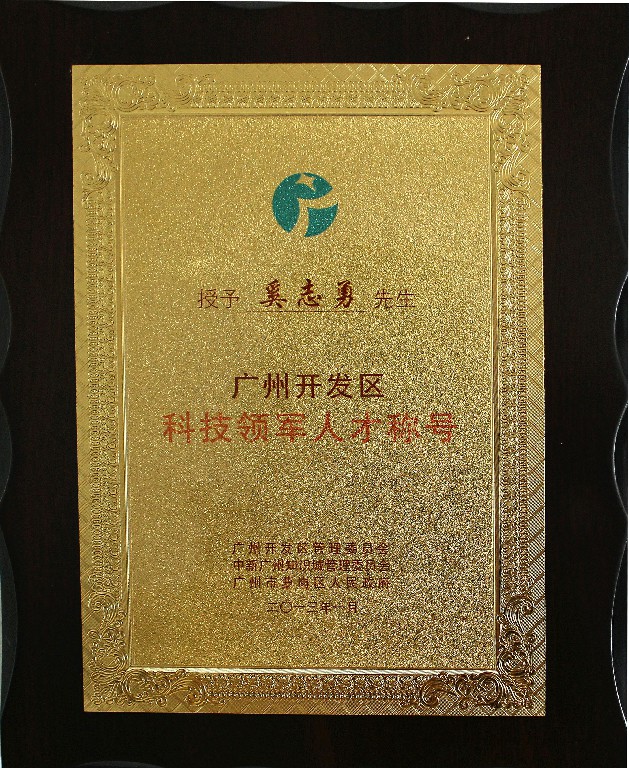
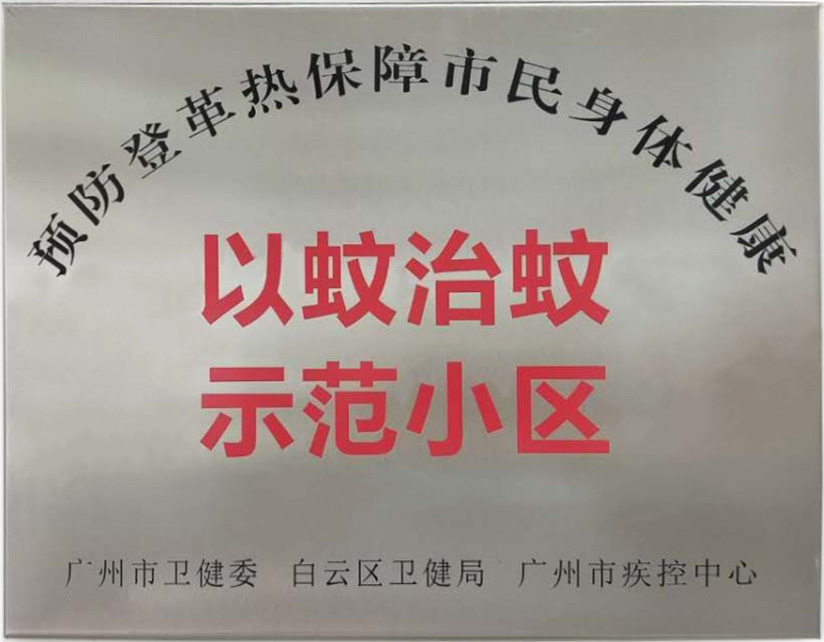
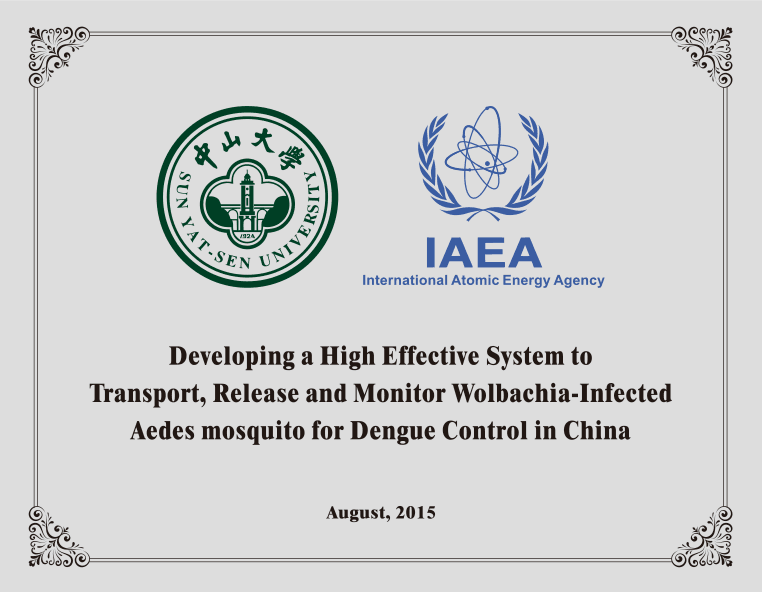

WeChat consulting

WeChat of Marketing Center

WeChat of Headquarters